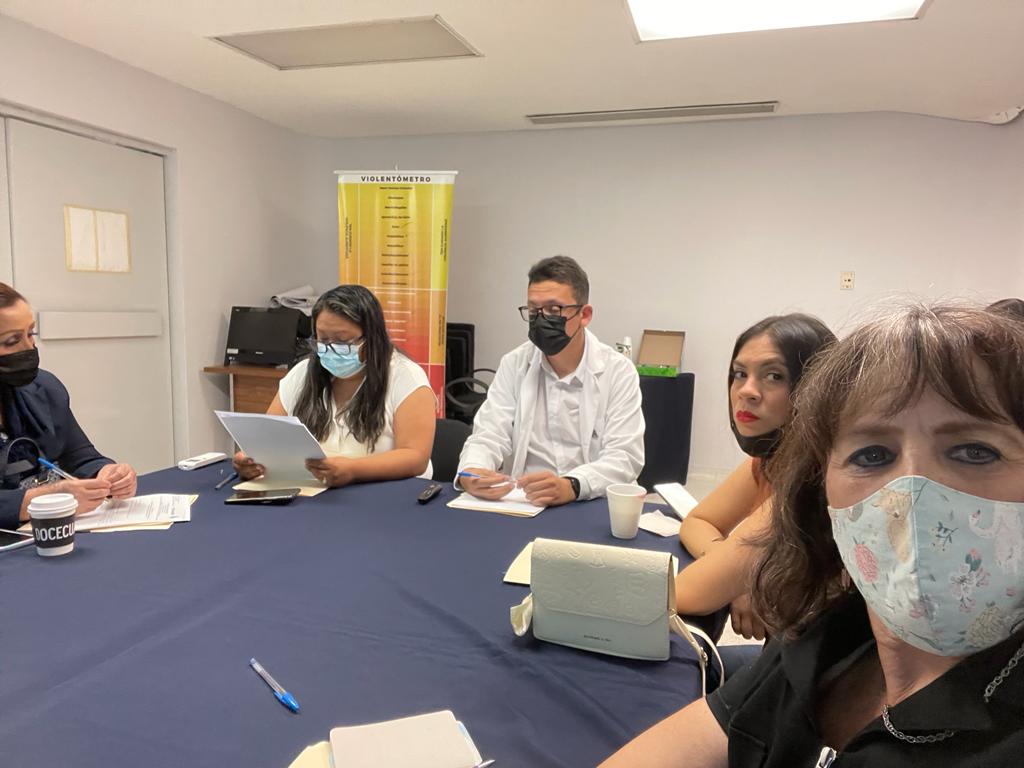Tailor your approach to suit the many faces of government
About WomenStrong International
WomenStrong International provides trust-based funding, capacity strengthening, and a peer learning community to grantee partners addressing some of the most critical needs of women and girls: keeping girls in school, accessing lifesaving reproductive health care, preventing gender-based violence, and creating pathways to economic security. Learn More
